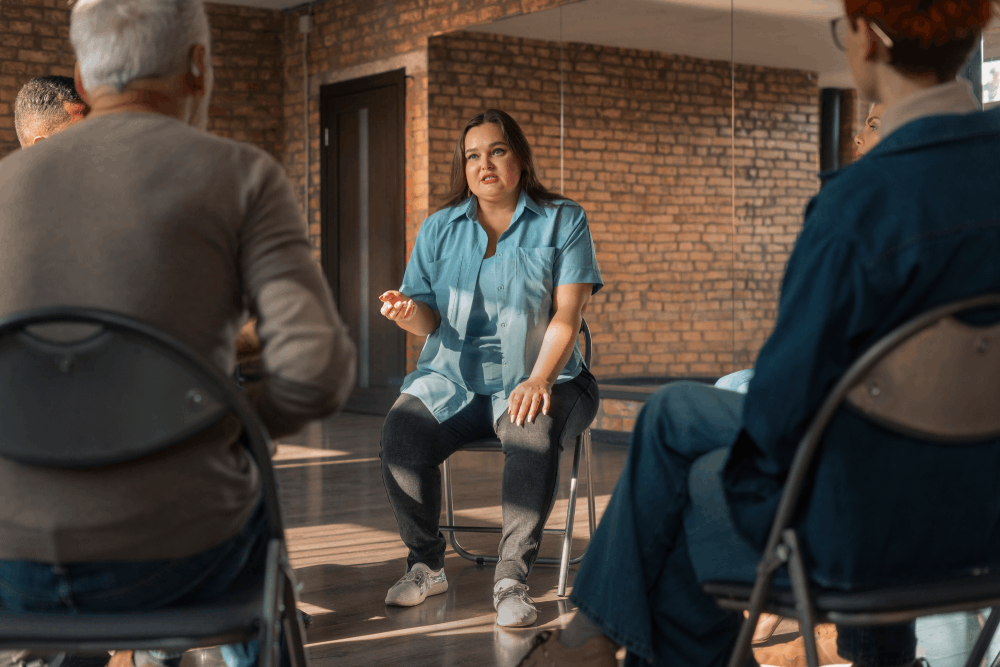How To Pay For Drug Rehab?

Figuring out how to pay for drug rehab can feel overwhelming, especially if you’re not sure where to start. You’ll find there are several practical options to evaluate, including insurance, government support, and private payment plans. Each path comes with its own set of requirements and benefits, making your decision both significant and personal.
Before you make any commitments, it’s essential to understand which resources are available to you.
Understanding the Cost of Addiction Treatment
When evaluating drug rehabilitation options, such as those from Northwoods Haven Recovery, it's important to recognize that the cost of treatment can vary significantly based on the program selected.
Residential programs generally have higher costs due to the comprehensive nature of services and the requirement for patients to stay on-site. Outpatient programs typically involve lower expenses and may be suitable for individuals who don't require intensive supervision, while still offering structured treatment.
The overall cost of rehab is influenced by factors such as the specific services provided, the length of the program, and the facility’s location.
Health insurance can play a significant role in reducing out-of-pocket expenses, as many policies are required by the Affordable Care Act to cover substance use disorder treatment similarly to other medical conditions.
For individuals who don't have insurance or have limited coverage, some state-funded facilities may offer financial assistance or sliding scale payment options to improve accessibility.
Understanding these variables can help individuals and families make informed decisions regarding addiction treatment.
Using Health Insurance to Cover Rehab Expenses
When evaluating rehabilitation options and associated costs, it's important to understand the role health insurance can play in offsetting these expenses.
Major insurers such as United Healthcare, Aetna, Cigna, and Blue Cross Blue Shield generally include substance use disorder treatment in their standard benefits. However, coverage details and requirements can vary significantly between individual policies.
Therefore, it's advisable to review your insurance plan's specific terms and confirm whether a particular rehab center is in-network. Many treatment facilities offer assistance in verifying insurance coverage, which can help clarify potential out-of-pocket costs and facilitate access to appropriate care.
Exploring Government Programs and ACA Options
In addition to private health insurance, government programs and ACA options can play a significant role in increasing access to addiction treatment. The Affordable Care Act (ACA) designates addiction treatment as an essential health benefit, which means most plans are required to cover a portion of rehab costs—typically between 60% and 90%.
Medicaid and Medicare are also available for eligible individuals, with qualifications based on factors such as income, age, or disability status. State-funded addiction treatment programs, often supported by federal grants, may be available to residents who meet specific criteria.
Access to these government programs usually requires documentation of citizenship or residency and verification of the substance use disorder.
These options can help reduce financial barriers for individuals seeking addiction treatment, though eligibility requirements and coverage details may vary by state and program.
Private Payment and Financing Solutions
Several private payment and financing options are available to help manage the cost of drug rehabilitation when insurance coverage or government assistance is insufficient.
Individuals may consider personal loans or structured payment plans offered by treatment centers, which can make expenses more manageable over time. Some facilities provide scholarships or grants for those with financial constraints, potentially reducing out-of-pocket costs.
Crowdfunding is another option, allowing individuals to seek financial support from their personal networks. In certain cases, it may be possible to use personal savings, retirement accounts, or home equity to cover treatment expenses.
It's advisable to discuss financial concerns with treatment providers, as they may be able to recommend specific solutions or resources tailored to individual circumstances.
Non-Profit and State Assistance Resources
Non-profit organizations and state-funded programs play an important role in providing access to drug rehabilitation services for individuals who may not be able to afford private treatment.
State assistance programs, often supported by federal resources such as those from the Substance Abuse and Mental Health Services Administration (SAMHSA), offer addiction treatment to eligible individuals. Eligibility is typically determined by criteria such as proof of citizenship, income level, and documentation of substance use disorder.
Non-profit treatment programs—including organizations like The Salvation Army and Teen Challenge—may offer services at reduced costs or on a sliding scale, and some provide scholarships for those in financial need.
These programs can make treatment more accessible for individuals who lack the resources for private care. However, it's important to note that demand for these services can result in waiting lists.
Despite this, non-profit and state-funded organizations remain a significant resource for connecting individuals with treatment and support within their communities.
Final Thoughts from Northwoods Haven
Paying for drug rehab might feel overwhelming, but you’ve got several options to make treatment affordable. Start by checking your health insurance coverage, then explore government programs and non-profit resources if you need extra help. Many centers also offer payment plans or financing, so don’t hesitate to ask about flexible solutions. With these options, you can access the support you need to begin recovery without letting costs stand in your way. Take that first step today.

